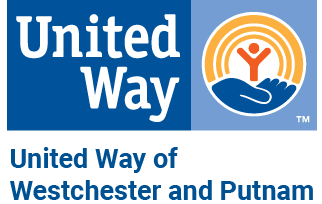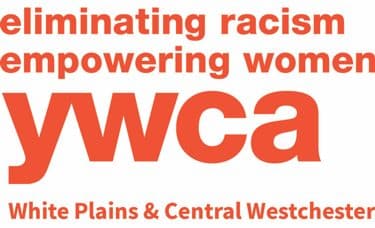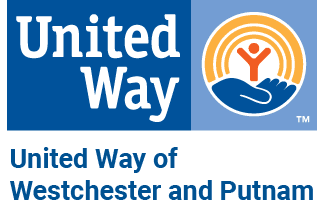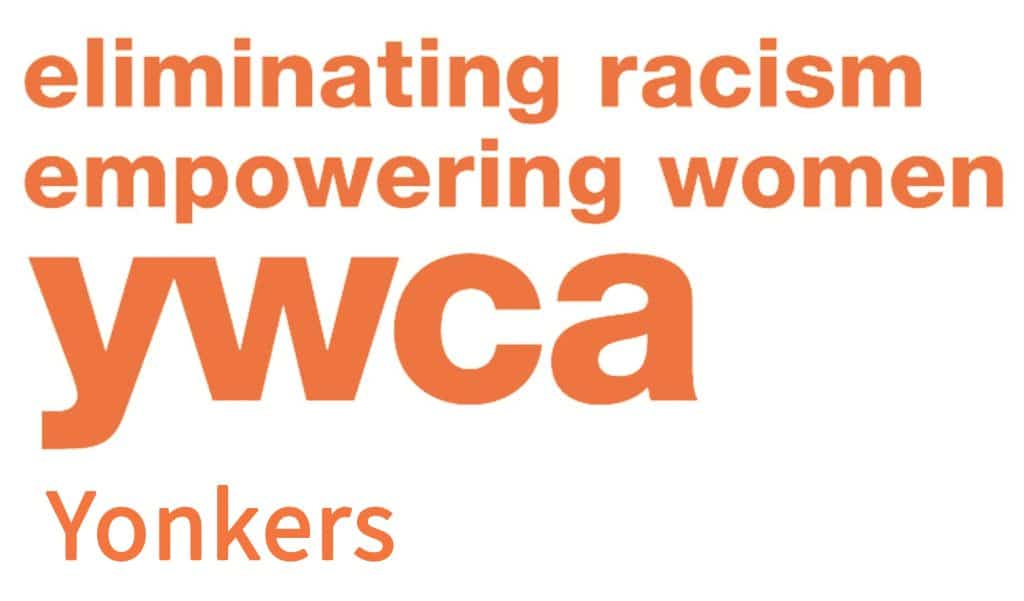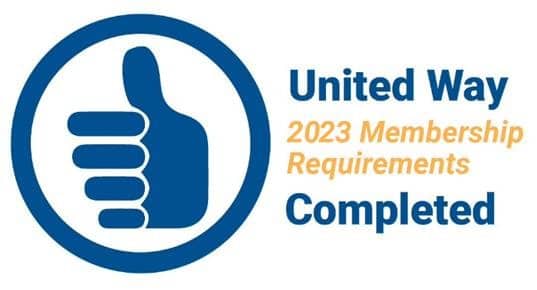Reflection Questions
Where does your produce come from? Have you ever searched the internet to learn more about the commercial farming operations represented in a large grocery store?
If immigration laws are restructured in the future to make it easier or more
difficult for farm workers to live in our country, how would this affect our
food systems and the US economy?
Undocumented farm workers with no protections are also an essential part of our food chain; how do you think these workers are treated by their employers, and what rights does this population have?
